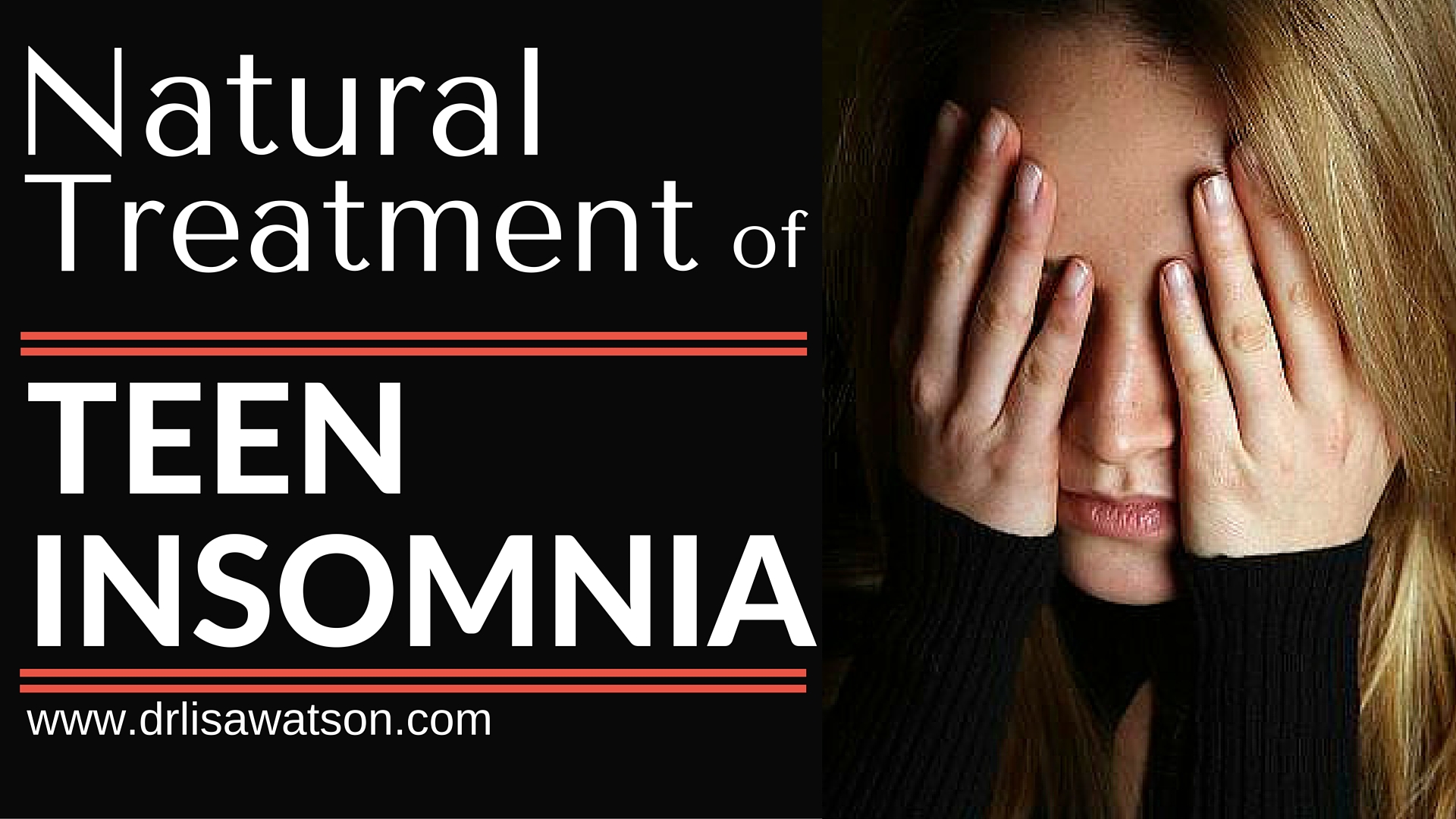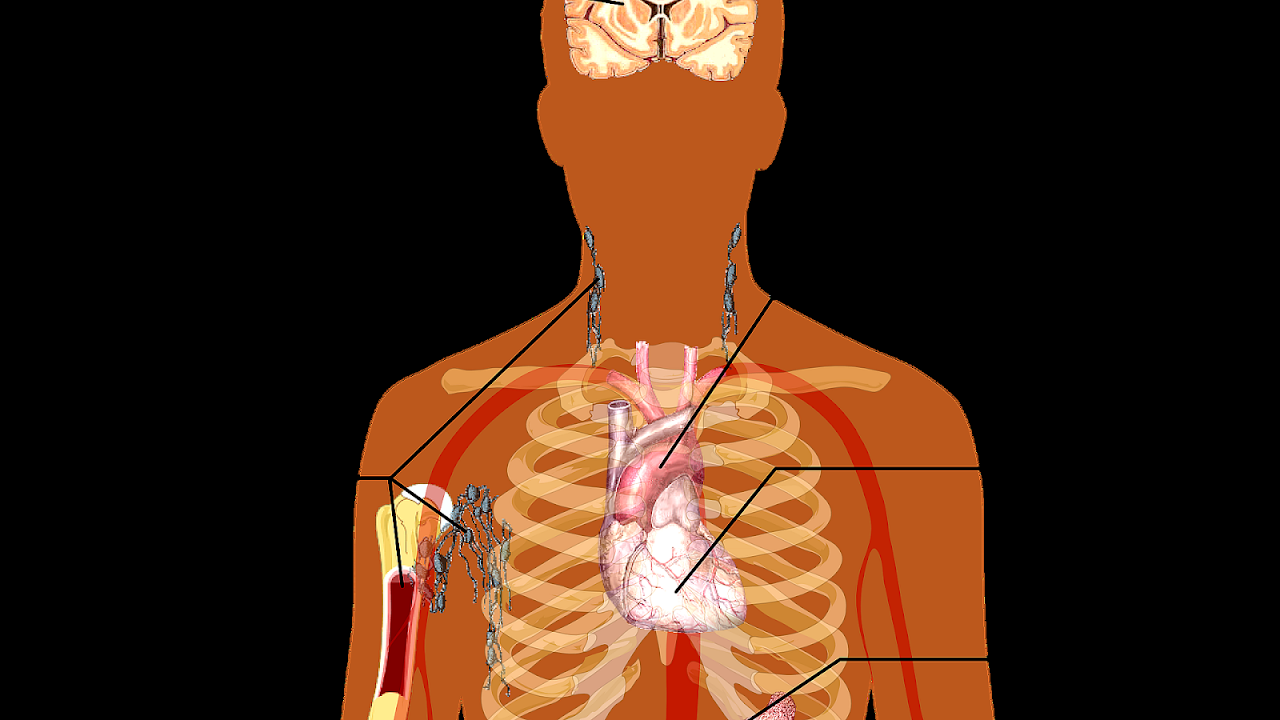

“It also means waking 2 hours later in the morning.”

“After puberty, there is a biological shift in an adolescent’s internal clock of about 2 hours, meaning that a teenager who used to fall asleep at 9:00 PM will now not be able to fall asleep until 11:00 PM,” the Nationwide Children’s Hospital website explains. The result is that teens are naturally inclined to go to sleep later. Specifically, teens undergo a shift in their circadian rhythms that changes their internal clocks. In adolescence, teens’ biological clocks shift in a way that makes it tough to get enough sleep. There are a number of factors that put teenagers at risk for insufficient sleep. Why Are Teenagers At Risk For Insufficient Sleep? Young adults also felt guiltier about bad sleep habits than older generations (35% versus 26%) and were more likely to have taken steps to improve their sleep than older generations (86% versus 75%). Despite this, young adults got more sleep than their older counterparts - an average of 7.2 hours per night, compared to an average of 6.9 hours for people over 25. Only 38% of young adults were likely to follow a set bedtime, compared to 47% of people over age 25. What Do Teenagers Think About Sleep?Īccording to a recent survey, young adults aged 18 to 24 had a different approach to sleep than many older people. They found that 69 percent of the respondents had fewer than eight hours of sleep on an average school night. In a 2016 study, the Centers for Disease Control and Prevention (CDC) analyzed data from 50,370 high school students in grades 9 through 12. This is notably less than the recommended nightly amount of eight to 10 hours. Unfortunately, many teens are not getting the minimum recommended amount of sleep on an average night.Īccording to Nationwide Children’s Hospital, teens usually get an average of between 7 and 7.25 hours of sleep each night. “Additional sleep supports their developing brain, as well as physical growth spurts.” “Teenagers are going through a second developmental stage of cognitive maturation,” the Johns Hopkins site explains. Why do teens need so much sleep? Put simply, it’s because they are growing - both mentally and physically. The American Academy of Sleep Medicine (AASM) recommends that teens ages 13 to 18 get 8 to 10 hours of sleep each night, compared to 7 to 9 hours for adults and 9 hours for preteens. Teenagers need more sleep than adults and even preteens.
#DO I HAVE INSOMNIA TEENAGER HOW TO#
So what’s a concerned parent to do? Here’s what you need to know about how much sleep a teen needs - plus how to help your teen get sufficient rest each night. And when teens don’t get enough sleep, it can result in several negative repercussions. Teenagers’ brains and bodies are still developing, which means they have higher sleep needs than adults.

That’s bad news, because teenage bodies have an intense need for rejuvenation. What’s more, they tend to have busy social lives, demanding academic schedules, and commitments to extracurricular activities that can take up lots of time and limit your teenager’s ability to get enough sleep. But as kids turn into adolescents, it can be tough to ensure your teenager gets enough sleep.Īs any parent of an adolescent can tell you, teenagers have minds of their own. When your children are young, it’s relatively easy to schedule regular naps and enforce early bedtimes to increase the odds that your child enjoys adequate rest. Making sure your kids get enough sleep is crucial for their health and wellbeing, and it takes more than setting your kid up with one of the best mattresses for teenagers.


 0 kommentar(er)
0 kommentar(er)
